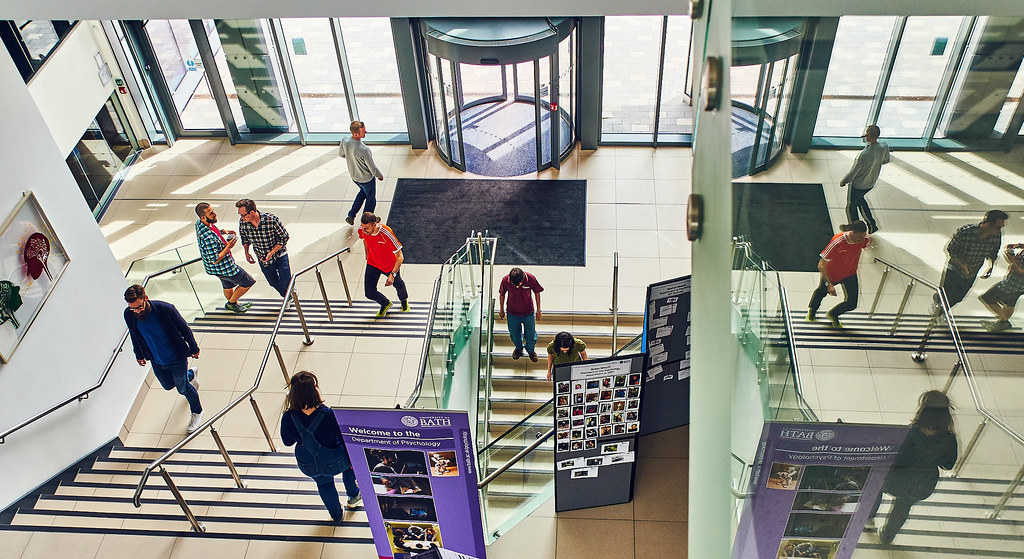Geographies of Higher Education: spatial and social mobilities
This project will shed new light on the geographical limits to social mobility, through the lens of young people’s university choices in the UK.

The creation of a fairer society through social mobility is high on the political agenda in the UK. Who gets into university, and who goes to the most prestigious universities, are seen as critical issues when it comes to addressing intergenerational inequalities.
However, despite some progress in widening access to Higher Education (HE), social mobility remains weak, suggesting a more complex picture of the ways in which social inequalities are reproduced in countries like the UK.
A new geographical perspective
This project brings geography - and, specifically, spatial (im)mobility - into the debate about social (im)mobility. It will provide detailed accounts of spatial and placed dimensions of HE decision-making.
The project will investigate:
- what social, cultural, or economic importance particular localities hold for different groups
- how these patterns are implicated in social mobility
- the role place has on the choices of young people who are socially and educationally similar but located in geographically diverse areas
- ways in which economically, socially, culturally or politically distinct places act as pull or push factors for different social groups
Outputs
Outputs from the project will include two policy briefs; articles in high-impact journals across the disciplines of education, human geography and sociology; and the publication of findings in the media and blogs, including The Conversation.
Mixed method approach
An innovative mixed methods approach will be used. The study will conduct large-scale mapping of young people’s spatial movements alongside intense qualitative research across ten UK locations.
Project team
- Dr Michael Donnelly, Principal Investigator
- Sol Gamsu, Postdoctoral Researcher
Academic collaborators
- Professor Hugh Lauder
- Professor Paul Gregg
- Professor Rich Harris (University of Bristol)
